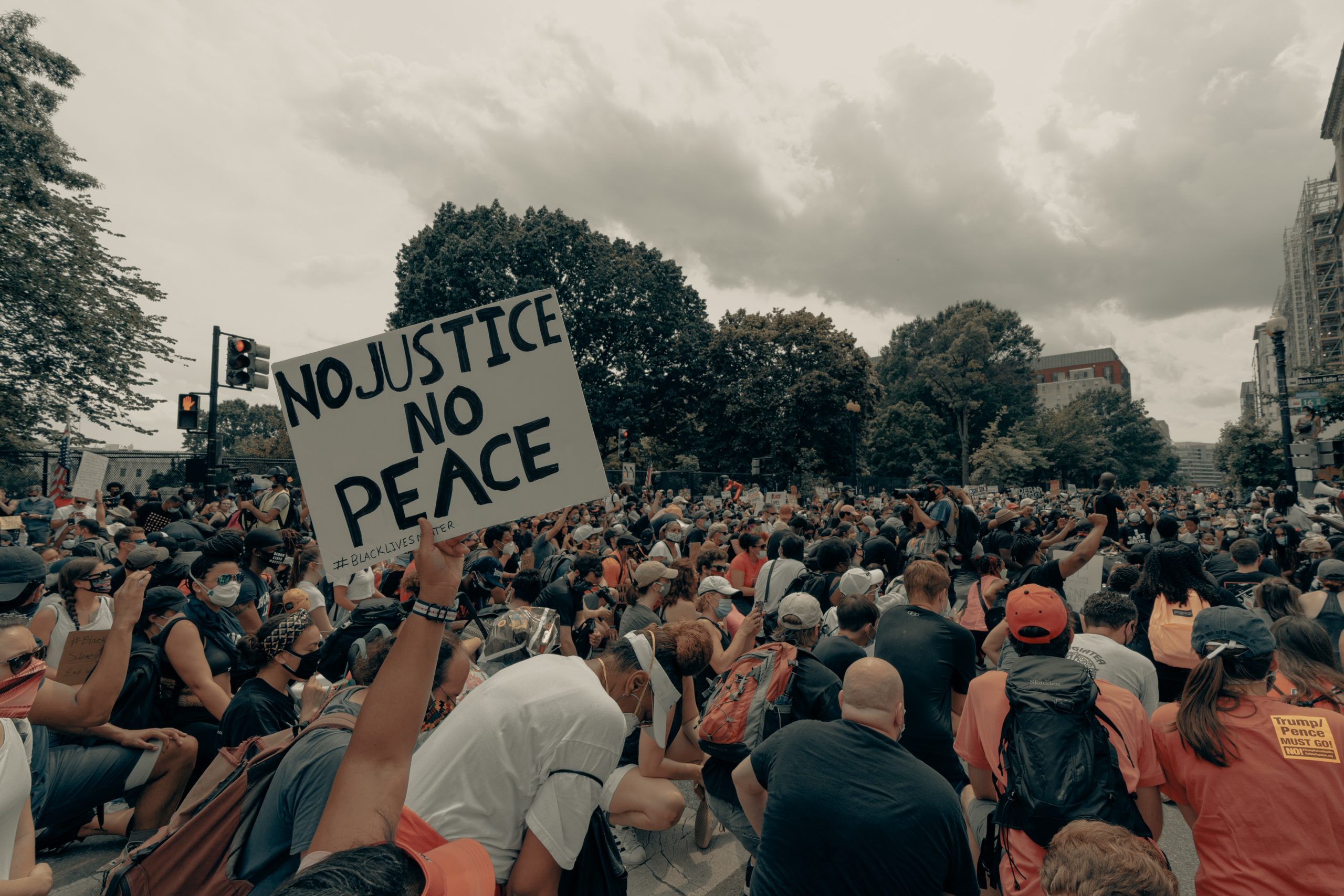The fight for racial justice in America has been a long and ongoing struggle, with deep-seated inequality and systemic racism still affecting communities of color across the country. The issue of racial justice has gained renewed attention in recent years, with protests and activism sparked by high-profile incidents of police violence and discrimination. Here’s a closer look at some of the key issues and challenges facing the fight for racial justice in America:
- Systemic racism: Racism is not just a matter of individual attitudes or actions, but also exists within broader systems and structures that perpetuate inequality. Systemic racism can be seen in areas like housing, education, and criminal justice, where people of color face disproportionately high rates of poverty, discrimination, and violence.
- Police violence: The issue of police violence against people of color has been a particularly pressing concern, with high-profile cases like the killing of George Floyd sparking widespread protests and calls for reform. Advocates for racial justice argue that police brutality and bias are endemic in many police departments, and that meaningful reform is needed to address these issues.
- The impact of COVID-19: The COVID-19 pandemic has highlighted existing disparities in healthcare and economic opportunity, with people of color facing higher rates of infection and death, as well as economic hardship. The pandemic has also highlighted the need for greater investment in public health and social welfare programs to address these disparities.
- The role of white supremacy: White supremacy is a pervasive and deeply ingrained ideology that has been used to justify racist policies and practices throughout American history. Addressing the legacy of white supremacy requires a broader reckoning with America’s history of racism and discrimination, and a commitment to building a more equitable society.
- The importance of intersectionality: Racial justice is not a single issue, but rather intersects with other forms of oppression, including sexism, homophobia, and ableism. Addressing these intersections requires a comprehensive and intersectional approach to social justice, recognizing the complex and interconnected nature of oppression.
As the fight for racial justice in America continues, it will be important to take a long-term and holistic approach to addressing these issues. This will require a commitment to systemic change, including reforms to address police violence and bias, greater investment in social welfare programs, and a broader reckoning with the legacy of racism and white supremacy in America. Ultimately, the fight for racial justice is a fight for the dignity and humanity of all people, and is a critical step toward building a more just and equitable society for all.




